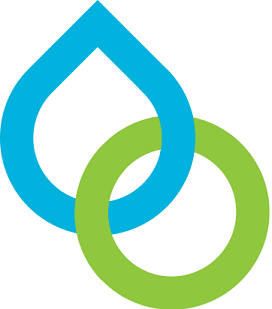By Damian Ali
Edited by Ashley Catania
In light of the storm that is COVID-19, public health officials have insisted on several necessary measures to prevent infection - from self-isolation and sheltering in place, to physical distancing and wearing gloves and face coverings while in public, to washing your hands frequently with soap and water for twenty seconds.
But what happens when your community doesn’t have access to enough clean water to effectively keep yourself and your family safe?
The 2019-2020 COVID-19 pandemic has heightened the attention of this issue, as many communities around the world, including a significant number of Indigenous communities in North America, still don’t have access to enough clean water.
Many Indigenous communities remain on a boil-water advisory, with failing and inadequate infrastructure in water and sewage systems. Of course we know that water and sanitation systems are crucial in maintaining a healthy lifestyle, especially during a global pandemic, and the growing concern around the lack thereof in many communities is unconscionably late, albeit extremely important.
And without proper sanitation, or the funding needed for the outright upgrades of these systems, the potential for contamination will naturally increase.
At a time when our planet’s most precious element is needed to help heal and protect the Earth from a pandemic, what can we, as a global community, do to ensure that the right measures are put in place to effectively aid the most at-risk communities in terms of water access? And how can we successfully work towards building new systems to maintain safe and healthy water access for everyone, everywhere?
Every living being deserves access to clean, safe water. It is, without question, a basic human right.
What if we could do more?
We’d love to hear from you. Please share your thoughts, feedback and suggestions in the comments section that follows this post. Your ideas, insights and perspectives will help us shape a better, more fair and just tomorrow for our environment and our global community.




